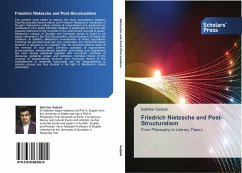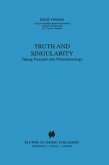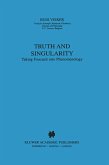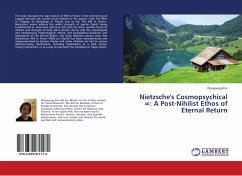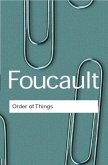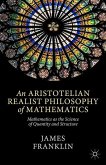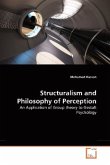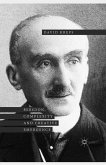The present book seeks to explore the close associations between Post-Structuralist literary theory and Friedrich Nietzsche's framework of thought. Nietzsche's radical criticism of ressentiment and asceticism as manifested in the Judeo-Christian tradition is addressed in the book with especial reference to the concepts of the ubermensch and will to power. Nietzsche's critique of Socratic and Cartesian trends is found to be highly influential in the Post-Structuralist critical treatment of these two traditions. In addition, Nietzsche's re-evaluation of binary oppositions including the good/evil dual pair and, particularly, the Christ/Anti-Christ binarism, is argued to be projected into the deconstructionist mode of the reversal of dual pairs. Derrida's concepts of logocentrism, phonocentrism, transcendental signified, arch-writing and supplement are here closely examined together with Foucault's concepts of discourse, episteme, power, and institution. Derrida's theory of the reversal of speech/writing binarism and Foucault's theory of the establishment of modernity discourses and the marginalization of minority groups are thus studied in the light of Nietzsche's critical philosophy.

